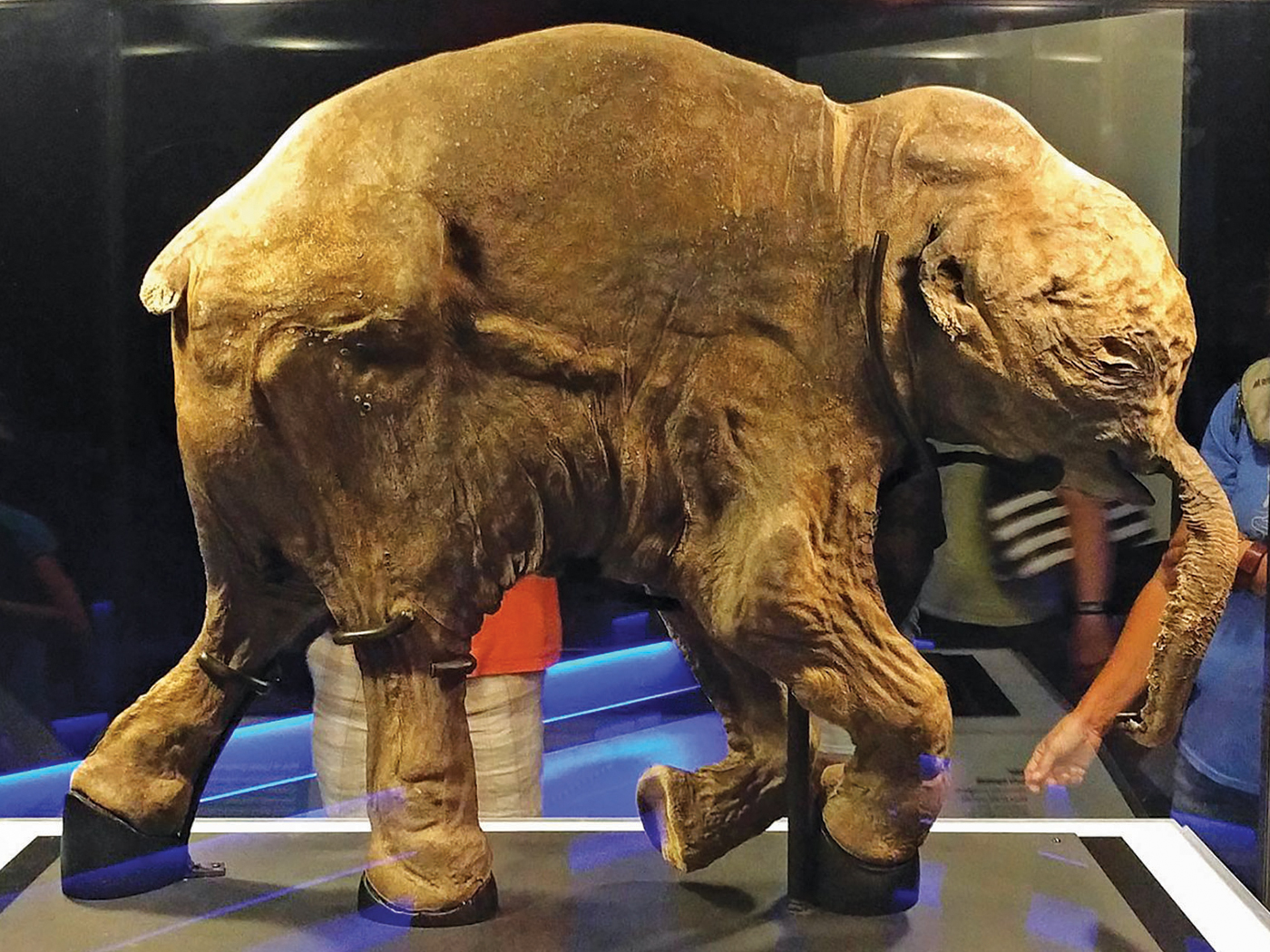Search Tools
New Defender's Study Bible Notes
1:1 James. James was prominent in the early Jerusalem church, one of the “pillars” along with Peter and John (Galatians 2:9). He was one whom the Lord Jesus went to see after His resurrection (I Corinthians 15:7).
1:1 Jesus Christ. James is called “the Lord’s brother” (Galatians 1:19), and is apparently the one mentioned in Mark 6:3 and Matthew 13:55 as the first of four “brethren” of Jesus who were sons of Mary. He became the presiding elder in the church at Jerusalem (compare Acts 15:13; 21:18). Because of such credentials, one might expect his epistle to have more personal references, but he only identifies himself in this one verse, as a “bondservant” of the Lord Jesus Christ. He and his brothers did not believe in Jesus during His earthly ministry (John 7:5), and they were not with Mary at the cross (John 19:26). Later, however, possibly as a result of James’ encounter with the Lord after His resurrection, they were converted (I Corinthians 15:7), and were with their mother in the upper room as all the disciples were awaiting the coming of the Holy Spirit (Acts 1:14). James, then, quickly became a leader in the Jerusalem church (Acts 12:17). One of the other brothers, Jude, also became a leader (Jude 1), writing the New Testament epistle that bears his name.
1:1 scattered abroad. James was writing to his Jewish brethren who were “scattered abroad” in the dispersion. They may well have included many of those he had met on the day of Pentecost, when the Holy Spirit came, and the 120 disciples (Acts 1:15) were supernaturally endowed with ability to proclaim “the wonderful works of God” to those Jews who had come to Jerusalem for the feast “out of every nation under heaven” (Acts 2:4-6,11). Many of these were converted (Acts 2:41), and all were profoundly stirred. When James became leader of the Jewish church in Jerusalem, he no doubt was also greatly concerned with all those Jews who had returned to their homes in various countries, both those who had professed faith in Christ and those who were still undecided. His epistle was addressed to both these groups. It reveals a keen awareness of the Jewish law and its true implications, as well as the earthly ministry of Jesus. It seems to have been the first written of the New Testament epistles, written even before the council met in Jerusalem to decide the proper way to deal with Gentile Christians (Acts 15), since there is little, if any, mention of this question in the epistle.
1:1 greeting. An incidental confirmation that the epistle of James was written by the same James who presided at the Jerusalem council is the fact that both begin with the word “greeting” (Acts 15:23), a term not used by writers of the other New Testament epistles.










